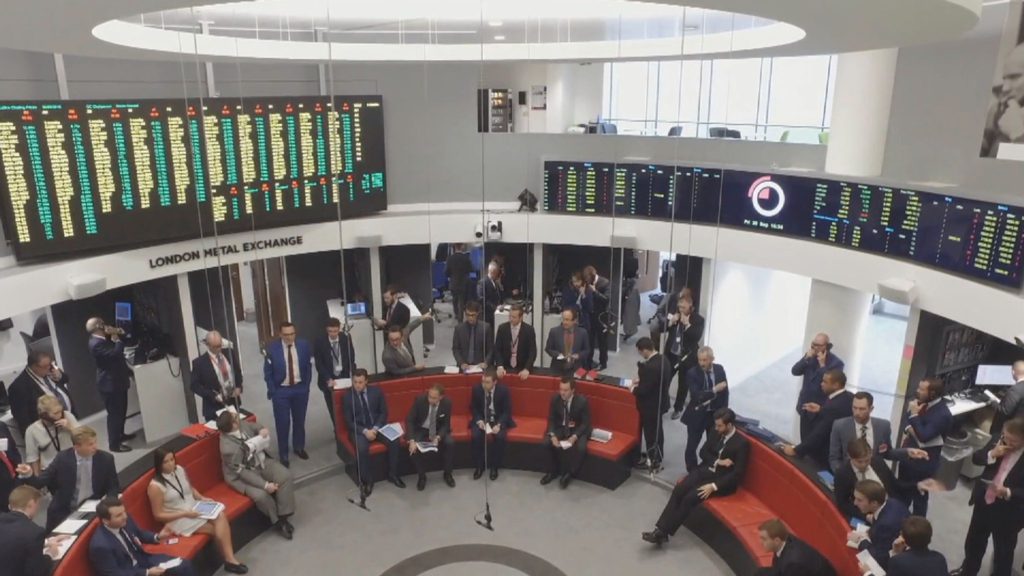Bloomberg News | April 19, 2022

Image: LME
The International Monetary Fund said the London Metal Exchange’s governance systems need to be strengthened after a massive short squeeze that left the world’s main nickel market suspended for six days last month and billions of dollars of trades canceled.

The LME has been criticized by investors for its handling of the crisis, when prices surged by 250% in less than two days in a squeeze centered around Chinese nickel and stainless steel producer Tsingshan Holding Group Co. The IMF highlighted the nickel-market chaos as part of wider risks in commodity markets and lessons for policy makers in the wake of recent extreme volatility.
“Governance mechanisms for the LME need to be strengthened to address conflict of interest. Measures must be in place to ensure that the concentration of trading does not adversely impact free and fair markets,” IMF said in its Global Financial Stability Report on Tuesday.
The LME said at the time that it took action after the nickel price spike posed a systemic risk to its market. However, the decision to cancel several hours of trades at the highest prices also served as a bailout of Tsingshan and its banks to the tune of several billion dollars.
More widely, central banks and other regulators are starting to pay increasing attention to the threat that commodities-market volatility and liquidity concerns could spill over into other financial markets.
In its report, the IMF said the turmoil at the LME raises the risk that exchange-traded contracts migrate to the more opaque over-the-counter market. In nickel, a substantial portion of Tsingshan’s large short position was held off the exchange in bilateral deals with banks such as JPMorgan Chase & Co., Bloomberg has reported.
“Supervisors and regulators should consider enhancing transparency, in both exchange-traded and over-the-counter markets, to preempt the buildup of concentrated positions and thereby limit financial stability implications,” the IMF said.
It also echoed comments by the U.K.’s market regulator in noting that exchanges should ensure the resilience of their operational systems — the restart of the nickel market in mid-March was marked by a series of stop-start glitches.
“Exchanges and central counterparty clearing houses should also ensure the robustness and resilience of their information technology systems to withstand current trading conditions,” the IMF said.
The LME didn’t immediately respond to an emailed request for comment.
(By Archie Hunter)
No comments:
Post a Comment